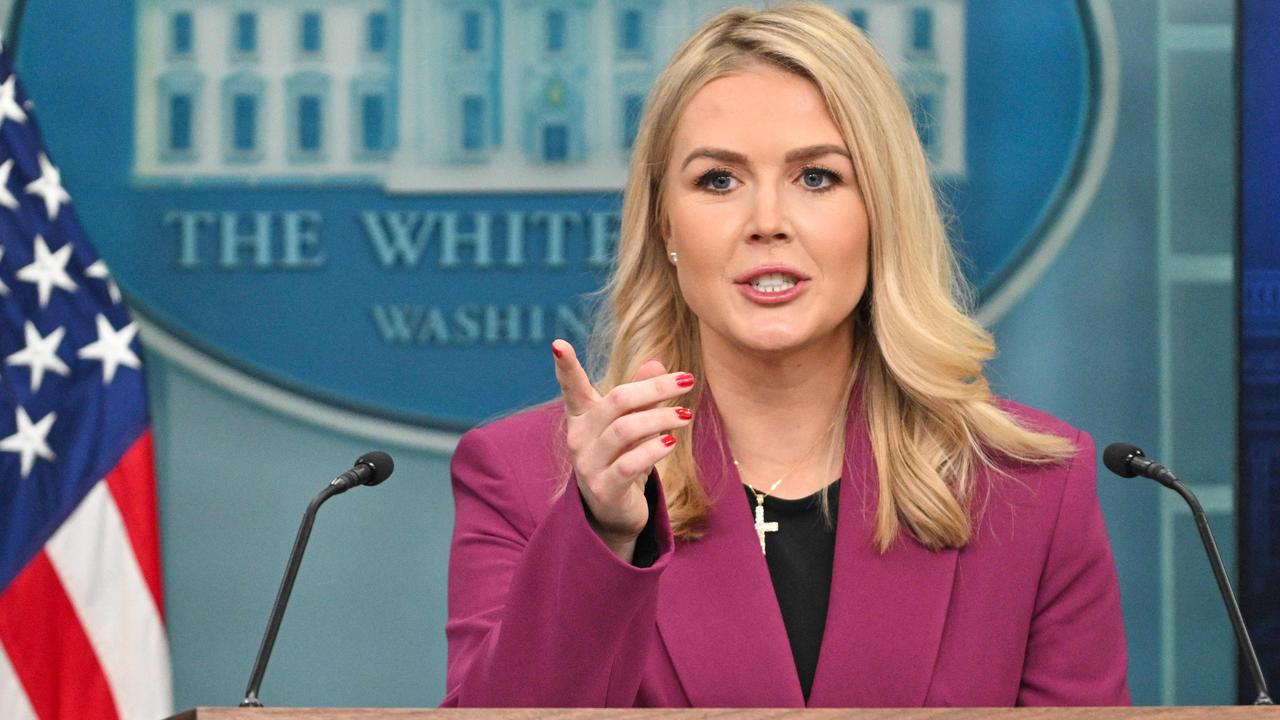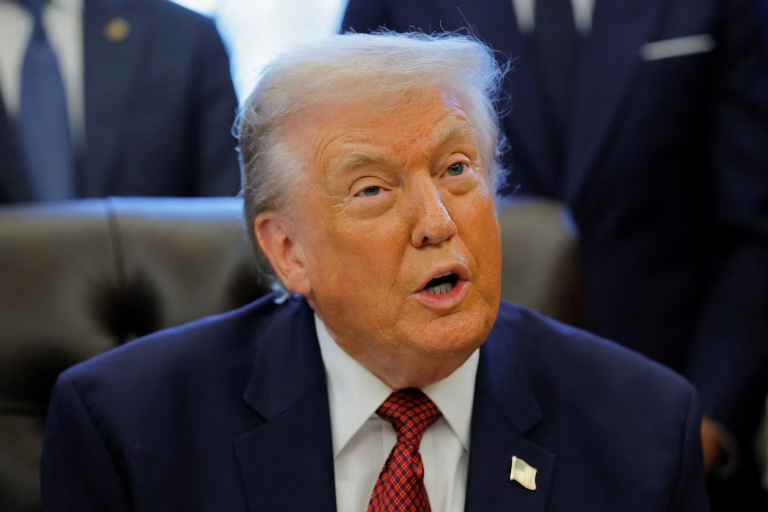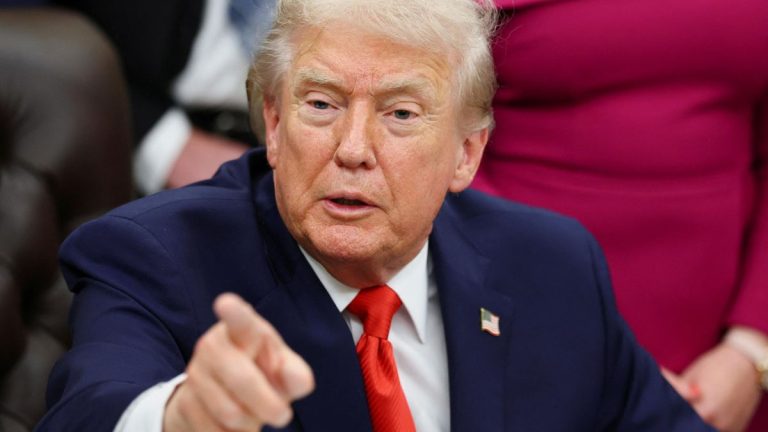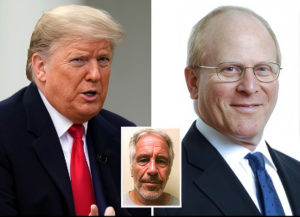In a moment emblematic of modern Washington’s collision between innovation and oversight, White House Press Secretary Karoline Leavitt found herself at the center of a heated media exchange this week over Elon Musk’s role as a federal employee. The briefing, which quickly went viral across social media and cable news outlets, underscored a deeper debate about transparency, national security, and the expanding presence of private-sector titans inside the Trump administration.
At the core of the controversy is one fundamental fact: Musk has been designated a “special government employee.” Leavitt confirmed that publicly, but she declined to specify what kind of security clearance, if any, the billionaire currently holds. Her cautious responses highlighted both the administration’s confidence in its internal vetting process and its unwillingness to fuel speculation on classified matters.
A Tense Exchange in the White House Briefing Room
During the now widely cited exchange, CNN’s Kaitlan Collins pressed Leavitt for details about Musk’s clearance and his position within the newly established Department of Government Efficiency (DOGE) — an agency designed to streamline bureaucracy and integrate private-sector innovation into federal operations.
Leavitt confirmed Musk’s status as a special government employee but refused to elaborate on his clearance. “I can confirm he’s a special government employee,” she said. “And he’s in full compliance with federal law.” When asked to clarify whether Musk held any classified access, Leavitt responded that she did not have those specifics available and would need to “check back.”
Her words were both measured and deliberate. They reflected the administration’s approach to the growing scrutiny over the involvement of high-profile business figures in government roles — a trend that has blurred traditional lines between public service and private enterprise.
Understanding the “Special Government Employee” Designation
The term special government employee (SGE) refers to a federal designation under U.S. law allowing outside experts, contractors, or advisors to work temporarily for the government — often for 130 days or fewer per year — while maintaining their private-sector positions. The status is designed to enable specialized expertise within government projects without permanently expanding the civil service.
In Musk’s case, the title formalizes his advisory role under the Trump administration’s Department of Government Efficiency, or DOGE — a department tasked with modernizing government systems, reducing waste, and introducing technology-driven solutions to long-standing bureaucratic inefficiencies.
According to CBS News and Newsweek, Musk’s appointment under the SGE framework was confirmed by Leavitt herself. However, beyond that acknowledgment, few details about the scope of his duties or his access to sensitive information have been released.
DOGE and the Push for “Efficiency Through Innovation”
The creation of DOGE was one of President Donald Trump’s hallmark second-term initiatives, meant to signal a new era of “private-sector-style accountability” in federal management. Headed by a coalition of technologists, efficiency experts, and former business executives, DOGE has been described by the administration as a “surgical strike” against red tape — intended to overhaul outdated systems and save billions in taxpayer dollars.
Elon Musk’s inclusion in this structure reflects the broader vision of aligning government operations with the agility and technological prowess of modern enterprise. As CEO of companies like SpaceX, Tesla, and X (formerly Twitter), Musk embodies the disruptive spirit that the administration believes can redefine government operations.
However, his involvement has sparked unease among some lawmakers and security analysts. Critics argue that placing such a powerful private-sector figure in proximity to sensitive decision-making poses potential conflicts of interest and security risks, especially given Musk’s global business ties.
Security Clearance Questions and Transparency Concerns
The heart of the media’s concern — and the crux of Collins’ questioning — revolves around Musk’s security clearance. While Leavitt’s confirmation of his government designation was straightforward, her refusal to specify clearance details opened the door to widespread speculation.
According to Newsweek, the White House’s decision not to clarify the matter reflects standard national security practice. Specific clearance levels, especially for special government employees involved in classified programs, are typically shielded from public disclosure. Nonetheless, this discretion has fueled criticism that the administration is prioritizing secrecy over accountability.
The issue has also prompted legal and journalistic efforts to uncover more. In recent months, a federal judge ordered the release of partial documentation related to Musk’s federal employment, responding to Freedom of Information Act (FOIA) requests filed by multiple media organizations. Those filings, while redacted, confirmed that Musk was cleared for temporary access to sensitive projects under review by DOGE — but they stopped short of defining his clearance category.
Transparency advocates argue that even limited disclosures would help dispel public suspicion. “The public deserves to know whether someone with global business entanglements has access to national security systems,” said a policy analyst from the Center for Government Accountability. “Without transparency, questions of influence and conflict inevitably arise.”
The Broader Debate: Innovation vs. Oversight
Beyond the immediate controversy, the Musk episode has reignited a longstanding debate in Washington: How far should the government go in integrating private-sector visionaries into public roles?
Supporters of the administration’s approach contend that figures like Musk bring unparalleled innovation and efficiency to a system that has long struggled with stagnation. They point to his track record of disrupting industries — from space exploration to energy — as evidence of his capacity to revolutionize government operations.
“DOGE was created precisely for this,” said a senior Trump administration official who spoke on condition of anonymity. “We can’t modernize 20th-century bureaucracy with 20th-century methods. Musk and others like him represent the future of governance.”
Critics, however, warn that this experiment risks eroding public accountability. They argue that combining immense private wealth, political influence, and access to federal infrastructure blurs the boundaries that ensure impartial governance. “The issue isn’t about innovation,” said a former ethics officer from the Office of Government Ethics. “It’s about the integrity of our systems. Oversight mechanisms weren’t designed to accommodate billionaires with cross-border corporate interests.”
The Media’s Role and the Politics of Transparency
The Leavitt–Collins exchange also became a flashpoint for the ongoing tension between the press and the administration. Supporters of Collins praised her for pressing legitimate questions about national security transparency, while critics accused CNN of sensationalism.
Leavitt’s calm yet firm response was interpreted by political analysts as an attempt to walk a fine line between openness and operational secrecy — maintaining public confidence without compromising internal security processes. Her handling of the issue earned both criticism and commendation: some viewed her restraint as evasion, while others saw it as professionalism under pressure.
In an era where the line between governance and media spectacle grows increasingly thin, the incident revealed how even a procedural question can escalate into a political battleground.
The Legal Dimension and Public Accountability
The growing legal scrutiny around Musk’s appointment adds another layer to the story. According to filings reviewed by CBS News, watchdog organizations have filed multiple ethics complaints seeking to clarify Musk’s contractual obligations, financial disclosures, and potential conflicts of interest stemming from his dual role as a public adviser and a private CEO.
The administration, for its part, has maintained that Musk’s engagement complies fully with federal law governing temporary advisers. “Every procedure was followed properly,” Leavitt reiterated. “We welcome outside expertise that advances efficiency, but every participant undergoes the same ethical and legal vetting process.”
Legal experts note that, while the SGE framework allows flexibility, it also introduces risks. SGEs are exempt from certain conflict-of-interest provisions that apply to full-time federal employees, making transparency especially critical in cases involving influential figures like Musk.
A Microcosm of Modern Governance
The Musk–Leavitt–Collins episode is more than a single news cycle story; it is a reflection of how 21st-century governance is being reshaped by technology, celebrity, and disruption. As Washington increasingly looks to the private sector for solutions, the need for clear boundaries and transparent oversight becomes ever more urgent.
In many ways, this controversy captures the defining paradox of the Trump administration’s governance philosophy — its drive to innovate within the machinery of state while resisting traditional forms of bureaucratic disclosure. Musk’s appointment as a “special government employee” exemplifies both the promise and the peril of that approach: an opportunity to modernize government through visionary expertise, shadowed by the enduring question of public accountability.
As the administration continues to emphasize efficiency and innovation, and as watchdogs demand clarity, the tension between transparency and secrecy will persist. Whether Musk’s role proves transformative or controversial in hindsight, one thing is certain: his presence in government has already redrawn the boundaries of what it means to serve the public — and what the public is entitled to know.

Emily Johnson is a critically acclaimed essayist and novelist known for her thought-provoking works centered on feminism, women’s rights, and modern relationships. Born and raised in Portland, Oregon, Emily grew up with a deep love of books, often spending her afternoons at her local library. She went on to study literature and gender studies at UCLA, where she became deeply involved in activism and began publishing essays in campus journals. Her debut essay collection, Voices Unbound, struck a chord with readers nationwide for its fearless exploration of gender dynamics, identity, and the challenges faced by women in contemporary society. Emily later transitioned into fiction, writing novels that balance compelling storytelling with social commentary. Her protagonists are often strong, multidimensional women navigating love, ambition, and the struggles of everyday life, making her a favorite among readers who crave authentic, relatable narratives. Critics praise her ability to merge personal intimacy with universal themes. Off the page, Emily is an advocate for women in publishing, leading workshops that encourage young female writers to embrace their voices. She lives in Seattle with her partner and two rescue cats, where she continues to write, teach, and inspire a new generation of storytellers.









